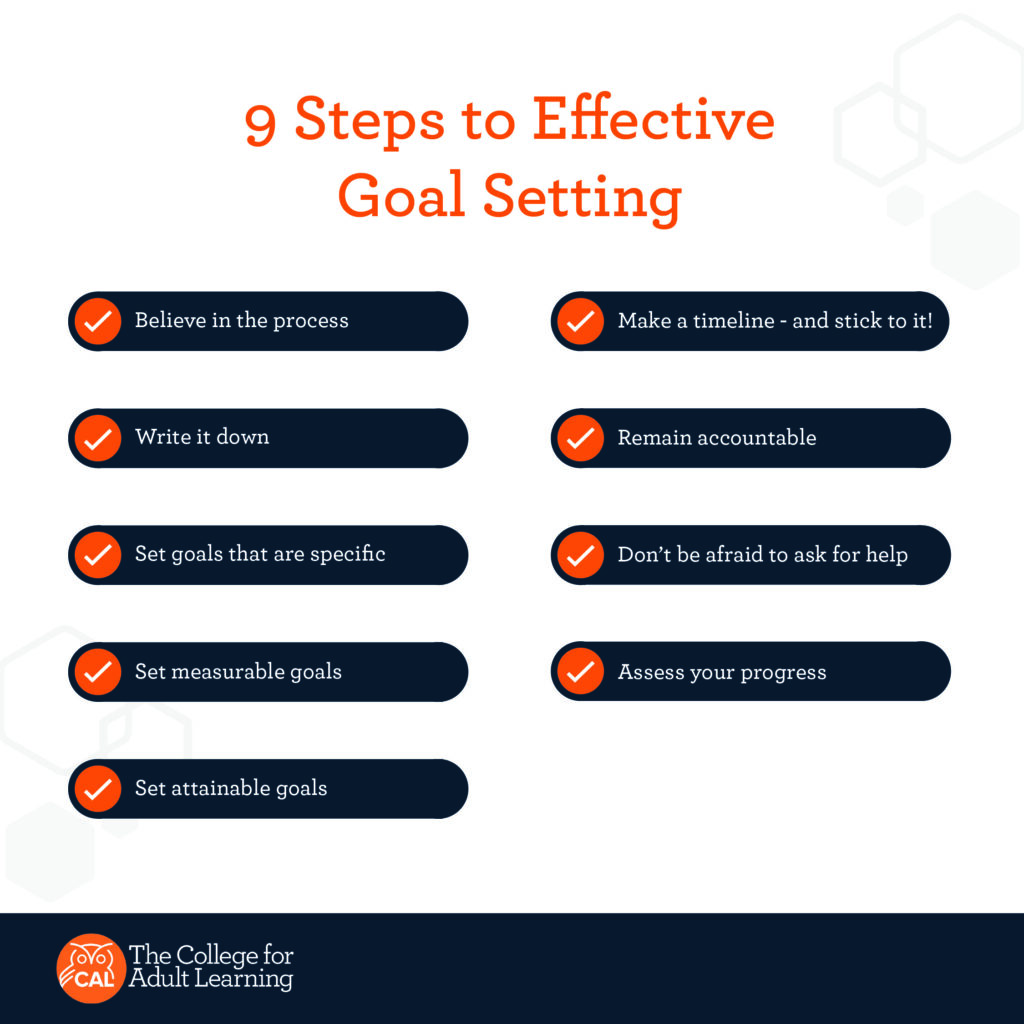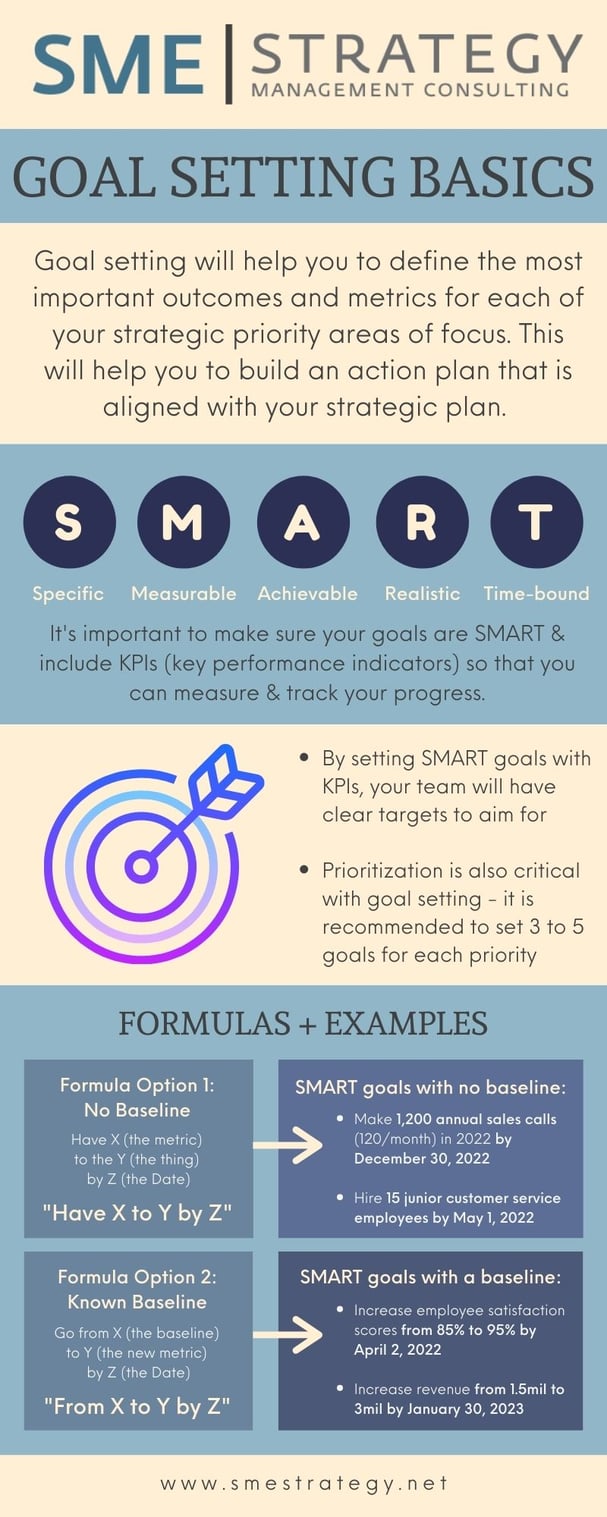
Goal setting strategies
We all have dreams, big and small. Whether it’s finally learning to play the guitar, writing a novel, or simply getting in shape, setting goals is the first step towards making those dreams a reality. But let’s be honest, goal setting can feel overwhelming. That’s why we’re here to offer a relaxed and approachable guide to help you achieve your aspirations without the stress.
1. Dream Big, But Start Small
It’s easy to get carried away and set lofty, ambitious goals. While dreaming big is essential, starting small is key to long-term success. Break down your overarching goals into smaller, more manageable steps. For example, if your goal is to write a novel, start by setting a smaller goal like writing 500 words a day.
2. Make Your Goals Specific, Measurable, Achievable, Relevant, and Time-Bound (SMART)
This classic framework provides a solid foundation for effective goal setting.
![Strategic Goal Setting in [Guide + Methods] Strategic Goal Setting in [Guide + Methods]](https://mooncamp.com/_next/image?url=https%3A%2F%2Fcdn.sanity.io%2Fimages%2F9pstyp3p%2Fproduction%2F06062d208a366e354f67c7eb0ee63dbaa379109d-1360x1112.webp%2Fstrategic-tactical-operational-goals.webp&w=3840&q=75)
Specific: Clearly define what you want to achieve. Instead of “get in shape,” aim for “run a 5k in three months.”
3. Find Your Why
Understanding your “why” – the underlying reason behind your goals – is crucial for staying motivated. Why is this goal important to you? How will achieving it make you feel? Connecting with your deeper purpose will provide the intrinsic motivation to push through challenges.
4. Create a Vision Board (or a Digital Version)
Visualize your goals by creating a vision board. Collect images, quotes, and affirmations that represent your aspirations. This visual reminder will keep your goals top of mind and serve as a constant source of inspiration.
5. Celebrate Small Wins

Acknowledge and celebrate your progress along the way. Recognizing your accomplishments, no matter how small, will boost your confidence and keep you motivated. Reward yourself for reaching milestones, whether it’s with a small treat, a relaxing evening, or simply taking time to appreciate your achievements.
6. Stay Flexible and Adapt
Life throws curveballs. Be prepared to adjust your goals as needed. Unexpected challenges, setbacks, and changes in circumstances are inevitable. Don’t get discouraged if you need to revise your plan. Embrace flexibility and adapt your approach as you progress.
7. Find an Accountability Partner
Sharing your goals with a friend, family member, or mentor can provide valuable support and encouragement. An accountability partner can help you stay on track, offer guidance, and celebrate your successes.
8. Practice Self-Compassion
Be kind to yourself throughout the goal-setting process. Everyone experiences setbacks and challenges. Don’t beat yourself up if you fall short of your expectations. Learn from your mistakes, forgive yourself, and get back on track.
9. Prioritize Self-Care
Remember to prioritize self-care throughout your journey. Make sure you’re getting enough sleep, eating nutritious food, and engaging in activities that bring you joy and relaxation. Burnout can quickly derail your progress, so make self-care a non-negotiable part of your plan.
10. Embrace the Journey
Finally, remember to enjoy the journey. Goal setting is not just about reaching the end destination; it’s about the process of growth and self-discovery. Embrace the challenges, learn from your experiences, and savor the small victories along the way.
Conclusion
Setting goals can be a powerful tool for personal and professional growth. By following these relaxed strategies, you can create a fulfilling and rewarding journey towards achieving your dreams. Remember to dream big, start small, stay flexible, and most importantly, enjoy the process!
Disclaimer: This article is for informational purposes only and should not be considered professional advice.